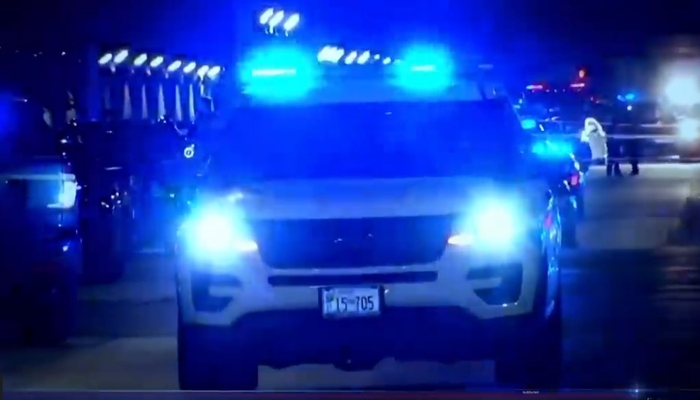
www.newsbusters.org
51% of Mayors Say Firearm Crimes Are the Most Common Crimes by Minors in Their Cities
U.S. mayors cite juvenile crime as the biggest crime problem in their city – and half say firearm crimes are the most common for juveniles – results of a survey conducted by the U.S. Conference of Mayors released Thursday finds.
Fully 44% of the mayors participating in the national survey say crimes involving juveniles represent one of the “biggest crime problems” their city faces, topping all other responses. And, 59% call juvenile crime a serious problem, including more than one in five who rate it a “very serious” problem. Only seven percent say it’s “not serious.”
Because multiple responses to a single question were allowed, the combined percentages of a question’s responses do not total (and far exceed) 100%.
Asked to list the crimes juveniles are most often involved in, more than half cited car theft (54%), followed by firearms (51%). Robbery/theft (15%), assault (8%) and larceny (5%) are among the juvenile crimes less frequently cited.
Asked to name their city’s most effective programs addressing juvenile crime, three-fourths (74%) cited mentoring programs, followed by those providing “violence intervention” (67%).
“What are the biggest crime problems your city currently faces?”
Crimes involving juveniles (under 18): 44%
Shootings: 37%
Homicides: 32%
Robberies: 25%
Gang-related crimes: 14%
“How serious do you consider the juvenile crime problem in your city?”
Very Serious: 22.4%
Serious: 36.5%
Mildly Serious: 35.0%
Not Serious: 7.0%
“In what crimes are juveniles most often involved?”:
Car thefts 54%
Firearms 51%
Retail theft 42%
Disturbing the peace 35%
Loitering 21%
“What do you consider to be the most effective programs to reduce juvenile crime in your city?”
Mentoring programs: 74%
Violence intervention programs: 67%
Employment programs: 44%
Sports programs: 44%
Anti-bullying programs: 11%
The survey, conducted September 4-15, reflects the response of mayors from 60 cities in 28 states, disproportionally distributed throughout the U.S. For example, 13 cities of the 60 cities polled are in California. Thus, 22% of the cities surveyed are in a state that is home to only 12% of the nation’s population.










